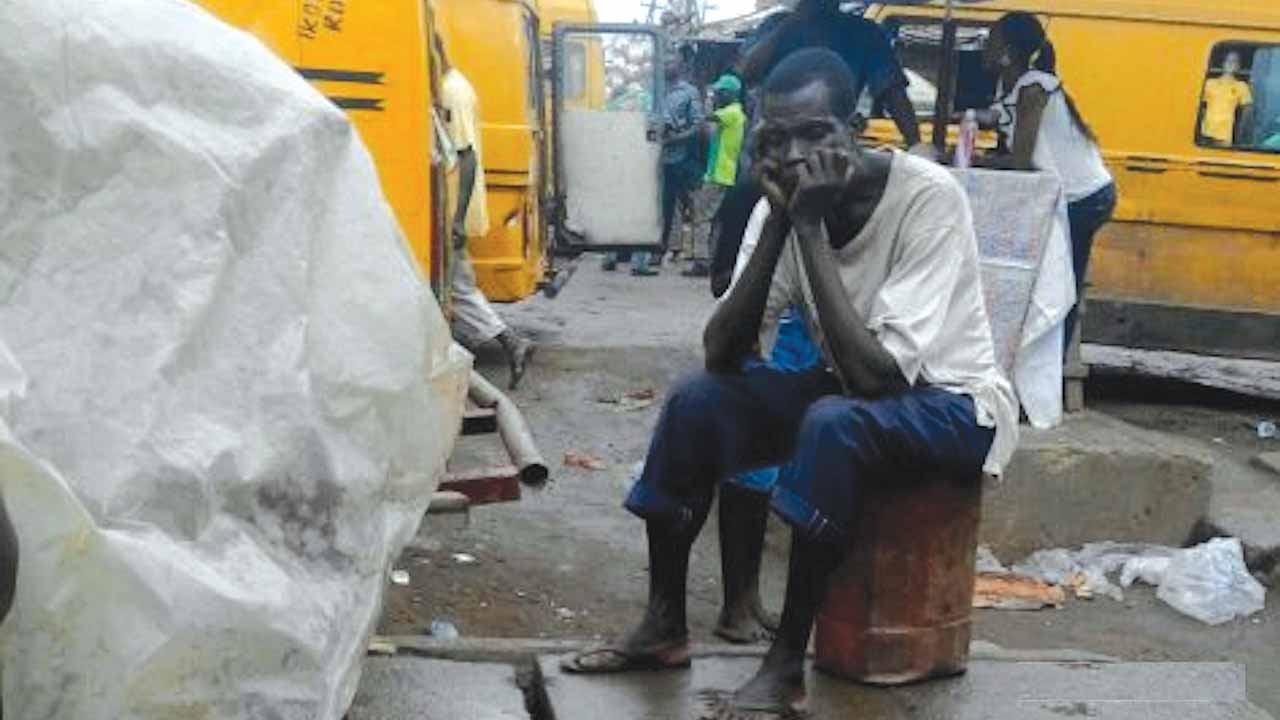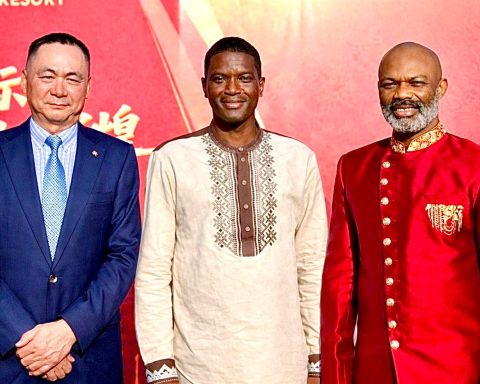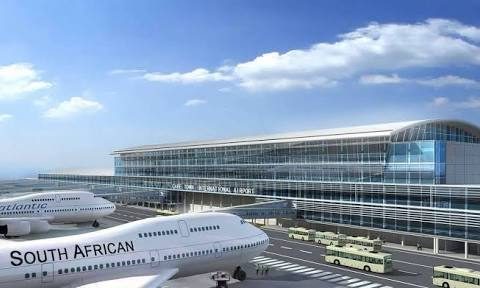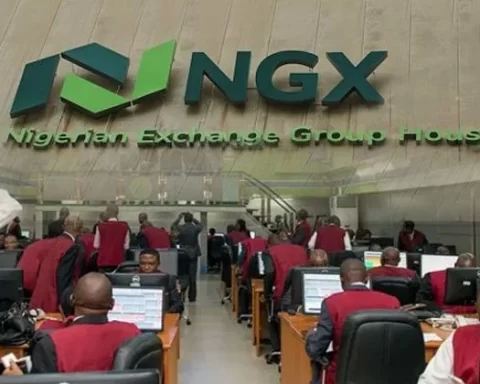A Nation in Distress
Nigeria is at a pivotal moment in its history. The country is grappling with profound economic challenges that have intensified since 1999. The government, led by President Bola Ahmed Tinubu, is attempting to transition from an outdated system largely dependent on fuel subsidies and skewed exchange rates. As this “old Nigeria” begins to fade, a “new Nigeria” is struggling to emerge, but the path is fraught with difficulties.
“The old Nigeria, sustained largely on fuel subsidies that had become hardly sustainable, is dying,” a local economist noted. The painful consequences of necessary reforms are being felt by everyday citizens, raising questions about the country’s future.
Join our WhatsApp ChannelEconomic Reforms and Public Backlash
The Tinubu administration has implemented significant reforms, aiming to correct the fuel subsidy system and address exchange rate distortions. However, these changes have led to increased prices in essential services, including food, healthcare, and transportation.
Critics, including many Nigerians, have directed their anger at international financial institutions like the IMF and the World Bank for endorsing these policies. “How can we bear these hardships while the government assures us that this pain is for a more prosperous future?” one frustrated citizen expressed.
Despite the backlash, the government insists that these reforms are necessary. Some states have begun reallocating funds previously used for subsidies to aid vulnerable populations. Yet, many citizens remain skeptical. “What difference does it make if we are still struggling to afford basic needs?” asked another citizen, echoing the sentiments of many.
READ ALSO: #Nigeria@64: A Nation At The Crossroads Amid Economic Hardships
The National Question: Calls for Secession
Amidst economic turmoil, the issue of national unity has resurfaced. Voices calling for secession are becoming louder, driven by dissatisfaction with the current political landscape. Sunday Igboho, a Yoruba activist, led a rally to seek support for the Yoruba’s desire to separate from Nigeria. His actions raise the question: who truly represents the diverse voices within Nigeria?
On the other hand, the Indigenous Peoples of Biafra (IPOB) have shifted their focus towards securing the release of their leader, Nnamdi Kanu, from detention. Yet, their underlying demand for the secession of eastern Nigeria remains unaddressed. “We will not stop fighting for our rights,” an IPOB supporter declared, emphasizing the urgency of their cause.
The President’s Cautious Approach
Given the complex political landscape, President Tinubu has approached the national question with caution. He faces a delicate balancing act, trying to maintain support across various political constituencies while addressing the growing dissatisfaction among different ethnic groups. “His must be a balancing act,” political analyst Dr. Adaobi Nwankwo stated, highlighting the challenges the president faces.
During a recent peace meeting in Plateau State, Minister of Defense Alhaji Mohammed Badaru Abubakar reiterated the government’s commitment to Nigeria’s unity. “The federal government will not entertain any demand capable of causing division among Nigerians,” he asserted.
However, some citizens feel that the government’s approach seems to prioritize unity at the expense of genuine dialogue and reconciliation. “It feels like we’re being held together by force, rather than by mutual agreement,” a community leader from the southeast lamented.
Economic Challenges and National Discontent
The national discontent is rooted in Nigeria’s longstanding economic struggles. Over the past two and a half decades, widespread poverty, inequality, and youth unemployment have reached alarming levels. “We need to focus on solving these issues if we want to heal our nation,” said Dr. Chijioke Obi, an economist.
The Tinubu administration acknowledges that addressing economic issues is crucial for national unity. “My priority is seeing my economic reforms through before addressing demands for a new constitution,” the president recently told a group of advisors. This statement reflects a belief that economic stability is foundational for any discussions about political reforms.
A Call for Comprehensive Solutions
The issues facing Nigeria are multifaceted. To navigate the national question, the government must not only focus on economic reforms but also address cultural and structural barriers that hinder progress.
The current economic crisis has exacerbated feelings of alienation among various ethnic groups. Chief Obafemi Awolowo once noted, “To keep Nigeria harmoniously united, the rulers must prioritize the economic prosperity and social well-being of the citizens.” This wisdom remains relevant today, highlighting the importance of focusing on individual welfare as a pathway to national unity.
Moving Forward: A Unified Approach
The administration has made strides in its economic reforms, but there is much more to be done. Strengthening state police, boosting agricultural productivity, and combating corruption are essential steps to foster trust among citizens. “If we want people to feel connected to this nation, we must address their daily struggles,” an activist urged during a recent forum.
The PBAT administration has begun implementing measures to enhance public accountability. This includes promoting transparency in the allocation of funds aimed at improving living conditions. However, citizens are demanding more than just promises; they seek tangible results. “We want to see change in our lives, not just in speeches,” one local business owner said.
The Path Ahead
As Nigeria grapples with its economic challenges and rising calls for secession, the importance of fostering national unity cannot be overstated. The path to a more prosperous future lies in the government’s ability to address both economic and social issues.
President Tinubu’s administration must not only focus on economic reforms but also engage with the diverse voices across the nation. The commitment to unity should not come from force but rather from a genuine effort to address the needs and concerns of all Nigerians. As one community leader remarked, “If we work together, we can build a Nigeria that everyone is proud to call home.”
In this critical period, the question remains: Can Nigeria unite amidst adversity, or will the voices for secession continue to grow louder? Only time will tell, but the stakes have never been higher for the nation’s future.















